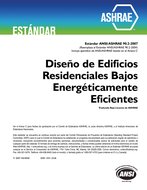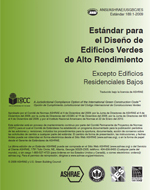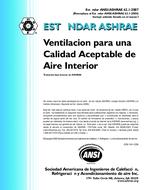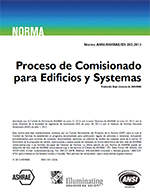Description
The use of highly glazed façades is becoming a common design feature. This can have both positive and negative effects on the energy demand of thebuilding. Façades that can be altered actively using controls have been known to help reduce the energy consumption of a building. An example of such asystem is one that controls fenestration attachments (shading devices) along with interior lighting, known as a Dynamic Façade System (DFS). This fieldmeasurement study aims to determine the change in U-factor of a glazing system when DFS with low-E fabric attachment is placed on the interior of awindow. Study also provides an understanding about the change in U-factor and daylighting with change in degree of openness of the fabric. Using thischange in U-factor and daylighting, potential annual energy savings is calculated for an educational building (Rinker Hall, University of Florida,Gainesville, FL, USA). The DFS studied in this paper is primarily aimed as a retrofit.Energy consumption reduction was primarily due to the reduction in U-factor due to the use of an active shading system and corresponding reduction ininterior lighting energy consumption. The reduction in lighting energy consumption is calculated using data gathered from a lamp switching circuit. Tocalculate these potential annual energy savings, a detailed energy model of Rinker Hall was developed using eQuest. The baseline energy model representsthe existing structure fitted with existing glazing. It was compared against a simulated model with the U-factor of the new glazing system fitted withdynamic facade systems with special low-e fabric attachment. Results showed that DFS with low-e fabric attachment of varying degrees of openness reducedannual electrical energy consumption by 12% – 16% and lighting power density by 16%-21% depending upon degree of openness of fabric used. Thisresulted in reduction of cooling loads.
Citation: Thermal Buildings XIV 2019
Product Details
- Published:
- 2019
- Number of Pages:
- 8
- Units of Measure:
- Dual
- File Size:
- 1 file , 1000 KB
- Product Code(s):
- D-Bldgs19-031




